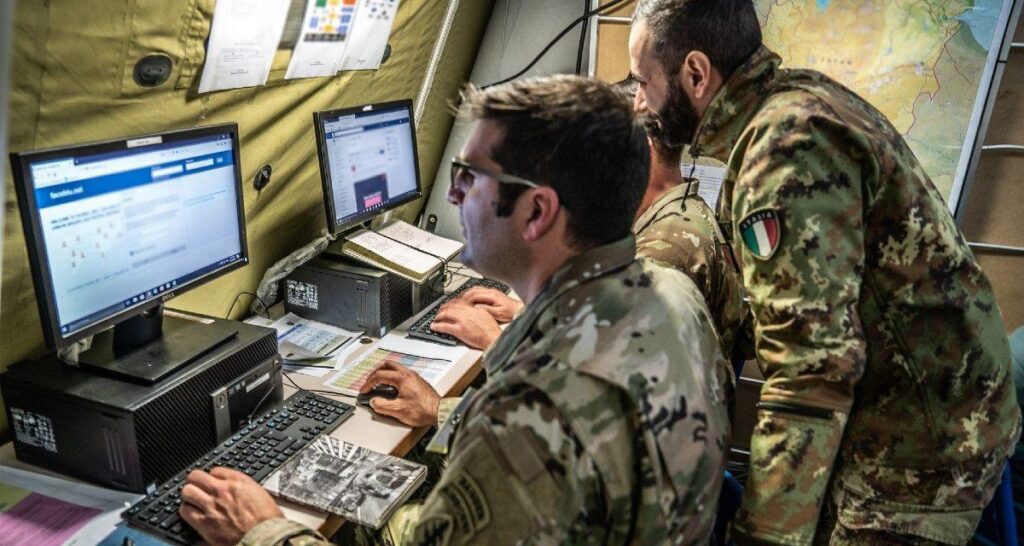Cyber warfare has become a critical aspect of modern military operations, with nations leveraging technology for strategic advantage. Defined as using technology to conduct operations in cyberspace, cyber warfare involves activities like hacking and disrupting communication networks. Technological advancements such as malware and AI have enabled devastating cyber attacks with precision. Technology like satellites and drones have become integral in military operations, providing a strategic edge. The threat cyber warfare poses to national security is significant, prompting investment in cybersecurity measures. As technology evolves, the future of cyber warfare remains uncertain, requiring vigilance to protect against sophisticated attacks.
Cyber Warfare: The Role of Technology in Modern Military Operations
Introduction
Cyber warfare has become an increasingly important aspect of modern military operations. With the advancement of technology, nations around the world are constantly seeking ways to leverage cyberspace for strategic advantage in both offensive and defensive operations. In this article, we will explore the role of technology in shaping the landscape of cyber warfare.
Defining Cyber Warfare
Cyber warfare can be defined as the use of technology to conduct military operations in cyberspace. This could involve activities such as hacking, disrupting communications networks, or sabotaging critical infrastructure. Cyber warfare can have significant implications on national security and can be used to disrupt an enemy’s military capabilities without the need for physical force.
Technological Advancements in Cyber Warfare
Technological advancements have played a crucial role in shaping the landscape of cyber warfare. With the emergence of sophisticated malware, ransomware, and other cyber weapons, nations now have the capability to launch devastating cyber attacks with tremendous speed and precision. Additionally, the use of artificial intelligence and machine learning algorithms has made it easier for nations to target and exploit vulnerabilities in enemy systems.
The Role of Technology in Military Operations
Technology has become an integral part of modern military operations. In addition to traditional warfare tactics, nations now rely on advanced technologies such as satellites, drones, and cyber weapons to gain a strategic advantage on the battlefield. The ability to launch cyber attacks can enable nations to disrupt an enemy’s military operations, sabotage critical infrastructure, or steal sensitive information.
Cyber Warfare and National Security
Cyber warfare poses a significant threat to national security. A successful cyber attack can cripple a nation’s critical infrastructure, disrupt communications networks, and compromise sensitive information. Therefore, nations around the world are investing heavily in cybersecurity measures to protect against potential cyber threats and attacks.
The Future of Cyber Warfare
As technology continues to evolve, the future of cyber warfare remains uncertain. With the proliferation of connected devices and the Internet of Things, nations will have to be vigilant in protecting their digital assets from potential cyber attacks. Additionally, the use of artificial intelligence and machine learning in cyber warfare could lead to more sophisticated attacks that are difficult to detect and defend against.
Conclusion
In conclusion, technology plays a crucial role in shaping the landscape of modern military operations and cyber warfare. Nations around the world are constantly seeking ways to leverage technology for strategic advantage, whether through offensive cyber attacks or defensive cybersecurity measures. As technology continues to evolve, the future of cyber warfare will present new challenges and opportunities for nations to defend against potential cyber threats.
